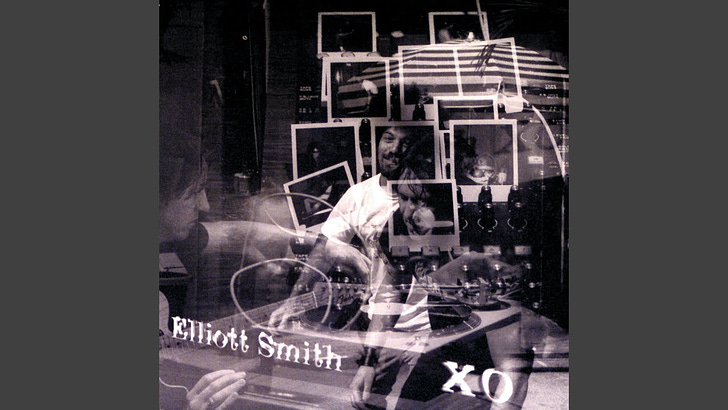Elliott Smith's Waltz #2: I'm Gonna Love You Anyhow
I am going out on a limb here: “Waltz #2” by Elliott Smith may be one of the most perfect songs to appear over the last thirty years. Seemingly simple on its surface, the 1998 song opens itself up to further layers of insight with repeated listening, a testament to the evident craftsmanship and tunefulness of this track. Smith was one of the great singer-songwriters of the 1990s, as is well known. However, in “Waltz #2” from XO he outdid himself with a masterpiece of domestic drama.
Let’s tackle the most obvious discussion point first: the song is a syncopated waltz, highly danceable and sorrowful at the same time. Is the title a reference to Russian composer Dmitri Shostakovich’s waltz by the same name? It is possible—Shostakovich’s formal suite does not feel so far removed from Smith’s personal excavation. Either way the fact that Smith rendered a plight about familial unrequited love in the form of a waltz is a stroke of cleverness that never gets old. This may be a dance for two, or it may be a dance for one—although it is unlikely Smith is nodding towards Billy Idol’s “Dancing with Myself” here.
Lyrically some have interpreted the song to be about his mother’s relationship to his stepfather Charlie (see William Todd Schultz's wonderful exploration of this in Slate). This is not a stretch—as “mom” is referenced in the song, as is “Mr. Man,” the unloving stepdad. The depiction is one of numb unhappiness—mom is a “dead china doll.” Moreover, not only is his mother unhappy but so is he, the young Elliott, trying to retain a connection with his mother in a harsh environment that has all but pushed him out the door. I think of Theodore Roethke’s “My Papa’s Waltz” here—a poem also about a domestic scene. Here the scene is a karaoke bar, with the stepfather belting out “you’re no good” in a taunting manner, surely not what Linda Ronstadt had in mind.
For me, however, Smith’s gem hinges on the chorus and the ambiguity contained within it: “I’m never gonna know you now, but I’m gonna love you anyhow.” The line is quite moving delivered in Smith’s thin, vulnerable voice. This is a song is clearly about unrequited love, but the question is whose? On the one hand perhaps the speaker is his mother. She could be thinking about the stepfather—that he is distant, course and unknowable (but that she will still love him). Or she could be thinking of her son—that she can see him slipping away into the void but that she will still love him despite this. But for me the speaker is Elliott himself: he is thinking of his mother and how she is lost to a kind of domestic deadness and the expectations that come with remarrying and attempting to please a new husband, despite his castigations (“you’re no good”). Despite, or perhaps because of the family drama, he is retreating inward. He feels as though he will now never know her but this will not block the feelings he nevertheless retains.
“Waltz #2” is a love song to his mother. Even though Smith knows she is a lost cause to some degree he retains a kind of unreturned love for her. The reason the Waltz is number two perhaps has to do with the fact that this is her second attempt at marriage. Additionally, he is in second place—or feels as such—a consolation prize to the brutish stepfather who now controls the family. “She shows no emotion at all.” As for Smith, he just wants to be left alone, free from Mr. Man. The songs builds to a crescendo at this revelation and the singer turns inward, a dismal turn for a dancing song. The dancing happens only in his imagination, a mental six-step of survival and eventual implosion.


